The Impact of Hakama Pants on Pop Culture
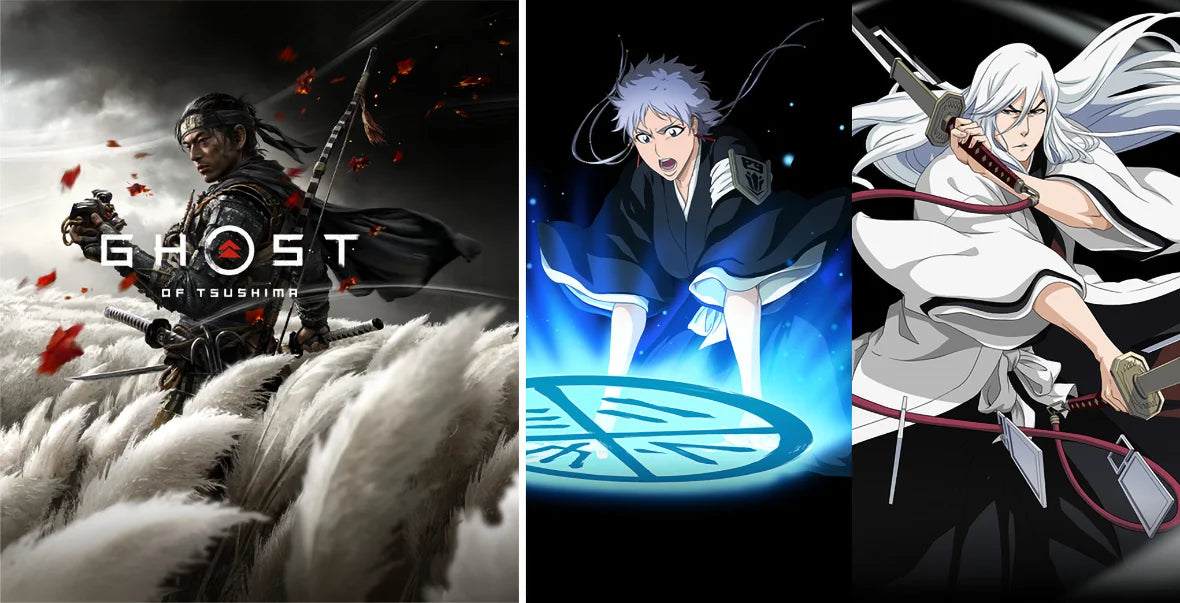
Introduction to Hakama Pants in Pop Culture
Overview of Hakama Pants
Definition and Historical Context
The Hakama, originating from Japan, is a traditional pant worn over a kimono. Earlier, these were worn by samurais as proof of their function and by people of status, such as priests and scholars.
These culturally important pants have a design of wide legs with pleats. The hakama has graduated with time: from an existence beyond its initial utility to an embrace as an emblematical Japanese heritage.
Relevance in Today's Society
It developed from its traditional roots into modern fashion, though, which has now captured the interest of designers and fashion lovers across the globe. The way they have evolved is something that indeed gives a huge trend of blending traditional things with contemporary fashion, and hence telling in no slight way that hakama is never old.
Nowadays, one can see them on runways, in street style, and among avant-garde collections, underlining their versatility and never-ending charm.
Why Hakama Pants Matter in Pop Culture
Hakama pants are, inarguably, a legacy of all times in pop culture—a garment rich in historical traditions and aesthetics. They are a statement for traditional modernity, which makes them remain relevant in today's cusp style platform.
Their presence in film and music videos further showcases their cultural importance and universal appeal. To learn more, read this page on Hakama Pants in Modern Culture.
The Fusion of Tradition and Modernity
The introduction of hakama pants to the modern world of fashion proves that old and new indeed could be combinations in harmony.
The creativity opened in many ways along this fusion, allowing any person to respect their cultural descent while taking advantage of modern-like trends. Accepting people from varied cultures is a heightening dimension in global fashion stories.
Hakama Pants in Film and Television
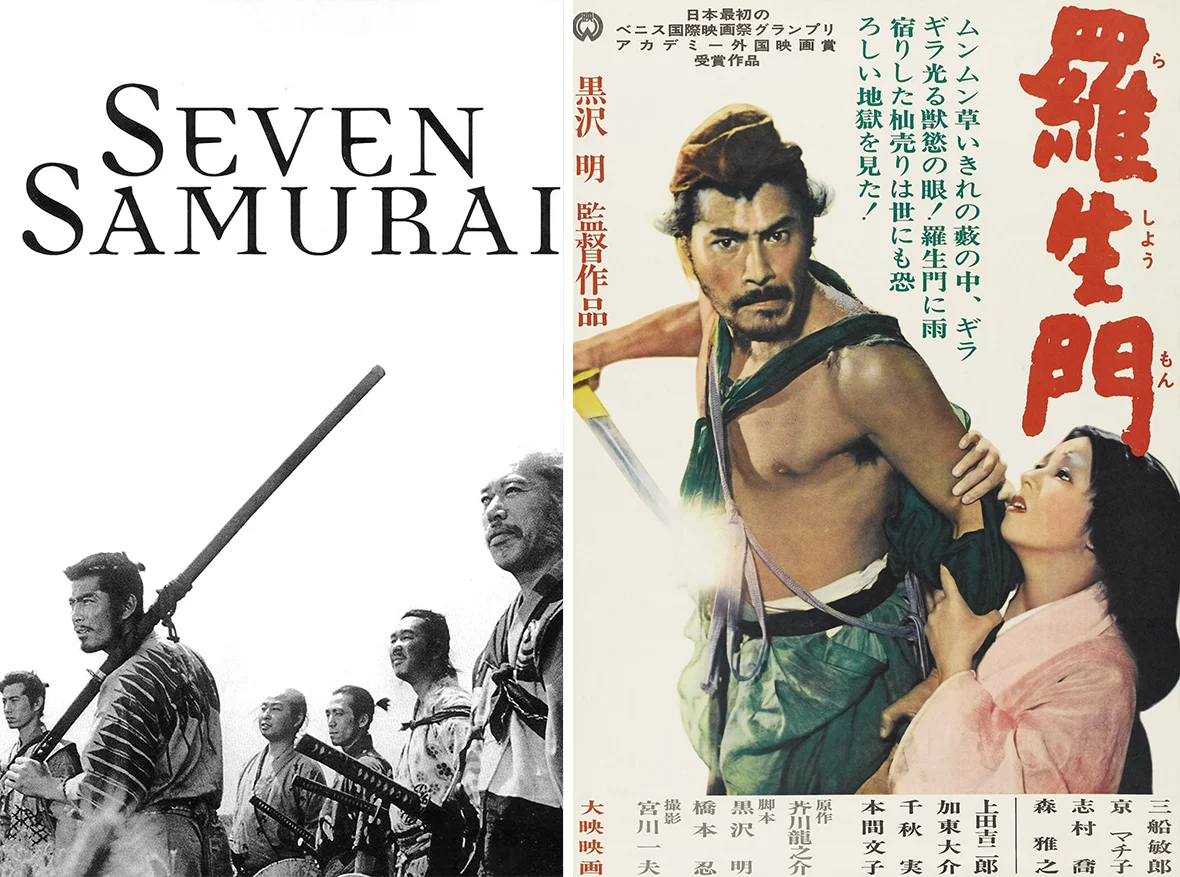
Iconic Appearances in Movies
Classic Japanese Cinema
The hakama pants are featured in many revolutionary classic Japanese cinema innovations seen in samurai movies and period-piece dramas. A few leading examples of this garment include "Seven Samurai" and "Rashomon," multiple Academy Award winners that later went on to revolutionize filmmaking history throughout the world.
Due to these films, these pants are forever etched on people's minds as symbolic of an excellent regard for honor, tradition, and martial prowess.
Modern International Films
The characteristic attachment to heritage representing Japan is detected in some of the contemporary international movies whenever hakama features periodically. Select movies include "The Last Samurai" and a wide range of martial arts movies. In so doing, hakama has world coverage and hence has become popular.
Representation in TV Shows
Historical Dramas and Samurai Series
Hakama pants frequently appear in Japanese TV shows, historically as part of samurai shows or as events in period dramas. For example, in "Rurouni Kenshin" and "Shogun," characters are even seen wearing hakama.
Since these serve as means of learning, the series are not only there to entertain the viewers but also teach the traditional wear in Japan.
Contemporary TV Shows Incorporating Hakama
Hakama pants are part of the plot for many modern television series, both in Japan and overseas. In contemporary series, it can be explanatory, with characters in hakama on cultural festivals or ceremonies, while in others, it is a timeless item.
Hakama Pants in Music and Performances
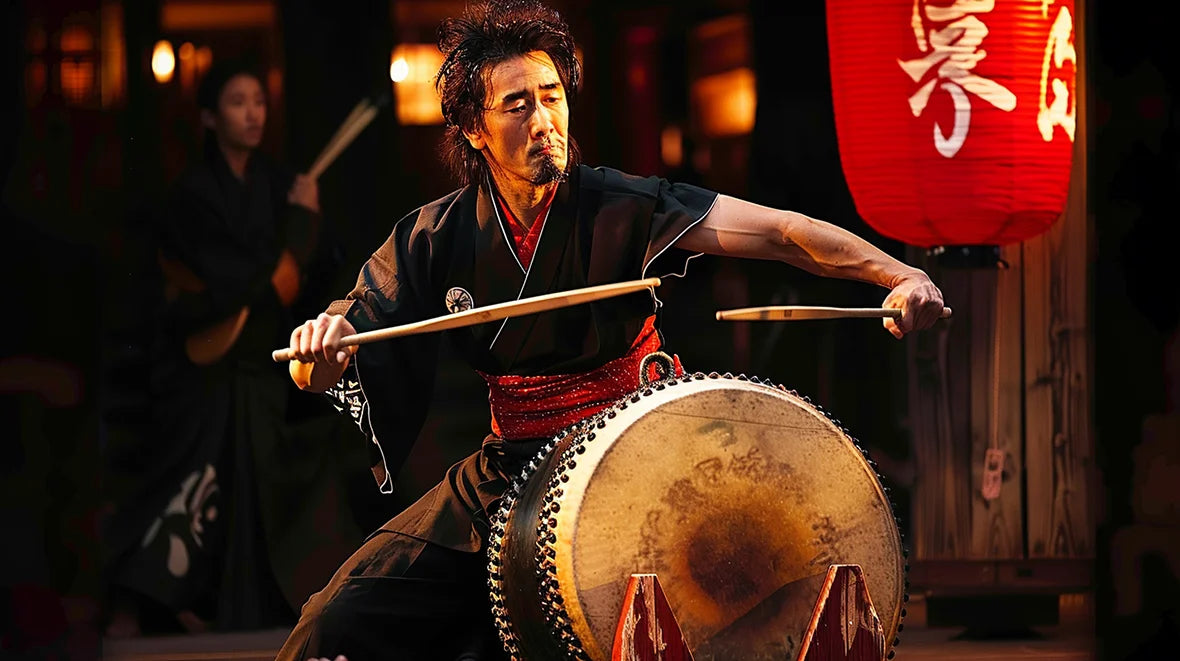
Influence on Music Artists
Traditional Japanese Performers
Hakama pants are worn by traditional Japanese performers, particularly those playing the shamisen or taiko drummers. Such attire complements the performance by providing a visual link to Japanese culture and history, thus enhancing the richness of the audience experience.
Modern Musicians and Pop Stars
Modern musicians and pop stars, both Filipino and international, have put on the hakama pants as a part of their stage chic.
Artists such as BTS have worn it in a hakama-inspired outfit that takes the ever-present traditional Japanese element and incorporates it with musical performances. This confirms how far hakama pants have stretched out into popular culture worldwide.
Stage and Dance Performances
Theatrical Productions
Hakama trousers are worn to reenact any action-packed or historic and culturally significant scenes in theater plays.
Combined with other traditional attire in contemporary Japanese Culture, they tend to bring some realism to the action, thus becoming appealing clothes on occasions other than classic Japanese theater.
Cultural Festivals and Shows
Swathes of performers wearing hakama pants can often be seen in cultural festivals and shows to display the traditional dance and music characteristic of Japan.
This heritage is being celebrated, and thereby, the platform goes to hakama pants, offering the audience a linkage with Japanese traditions.
Hakama Pants in Anime and Manga
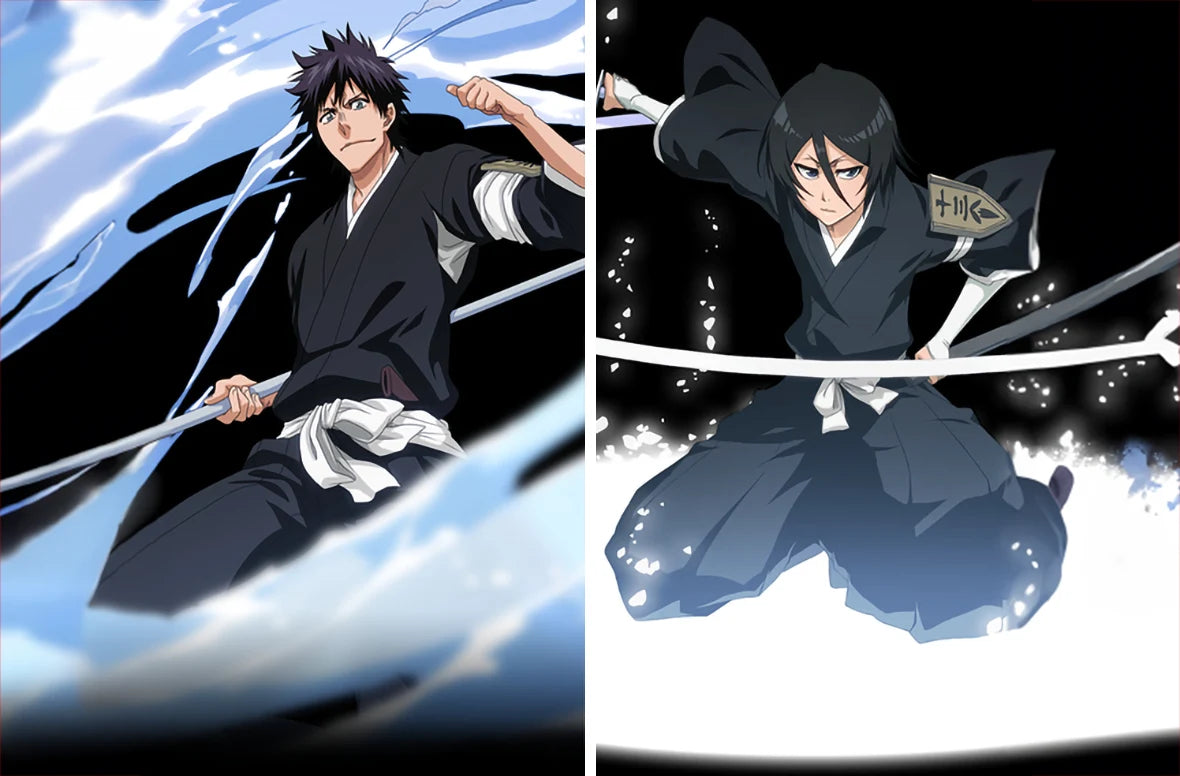
Iconic Characters and Stories
Popular Anime Featuring Hakama
Hakama pants are commonly seen worn in anime with series like "Bleach," "Naruto," or "Inuyasha." Usually, we anticipate them being worn by a warrior or some other type of spiritual creature. That identifies it as being altogether strong, honorable, and traditional.
Manga Characters and Themes
Hakama pants are a common feature in manga on characters involved in martial arts or dealing with historical storylines. This shows repetition, conveying cultural importance and enriching storytelling, thus making characters relatable and real.
Symbolism in Japanese Animation
Representation of Tradition
Hakama trousers are a sure symbol of rootedness within certain traditions in Japanese animation. Hakama trousers are commonly used to dwell on characters based on the ideas of character brought up through cultural value ideas like honor, respect, and commitment.
It is this kind of reputation in popular media that saves and promotes Japanese culture and its heritage.
The Heroic and Mystical Associations
In anime and manga, hakama pants are equally associated with a reference to heroism and mysticism.
Situations where characters are often found wearing hakama give a series of either special abilities or a central role, which dignifies the mystic and heroic charm of that particular garment.
Hakama Pants in Fashion and Streetwear
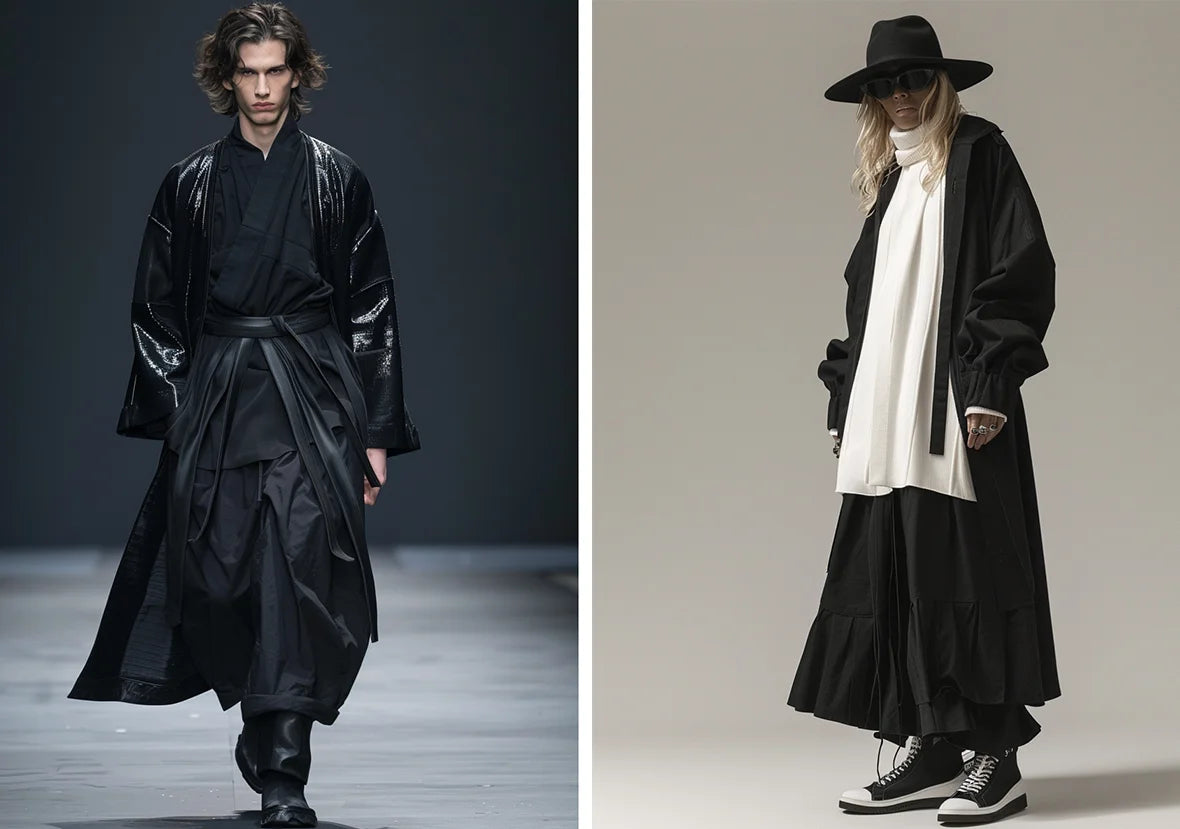
Influence on Global Fashion Trends
Runway Shows and Designers
The pant style of hakama is embraced by high fashion designers in their runways and collections.
Designers such as Yohji Yamamoto and Issey Miyake have given classic sophistication to hakama pants. It shows that the piece is adaptable and influential in runway and global fashion.
Integration into Streetwear Culture
In addition to traditional attire, hakama pants invaded streetwear. Considered premium by many who are style-conscious and want to make statements with their clothing, these pants also boast a favorite appeal with tight fit and unique design.
It is a clash of history and modernism that makes them bold in any streetwear collection.
Celebrity Endorsements
Famous Personalities Wearing Hakama
For all the Hollywood Cats and Celebrities spottily wearing Hakama Pants, it is becoming one more New Age Style Statement by the Celebrities.
From actors to pop sensations, their endorsements help show hakama's versatility, appeal, and broad reach to the masses in general.
Influence on Fans and Followers
Celebrity endorsements come with a significant influence on their fans and followers to also include hakama pants in their wardrobes. Such a trend increases its presence within pop culture, thus creating a fashion statement for younger generations.
Hakama Pants in Digital Media and Gaming
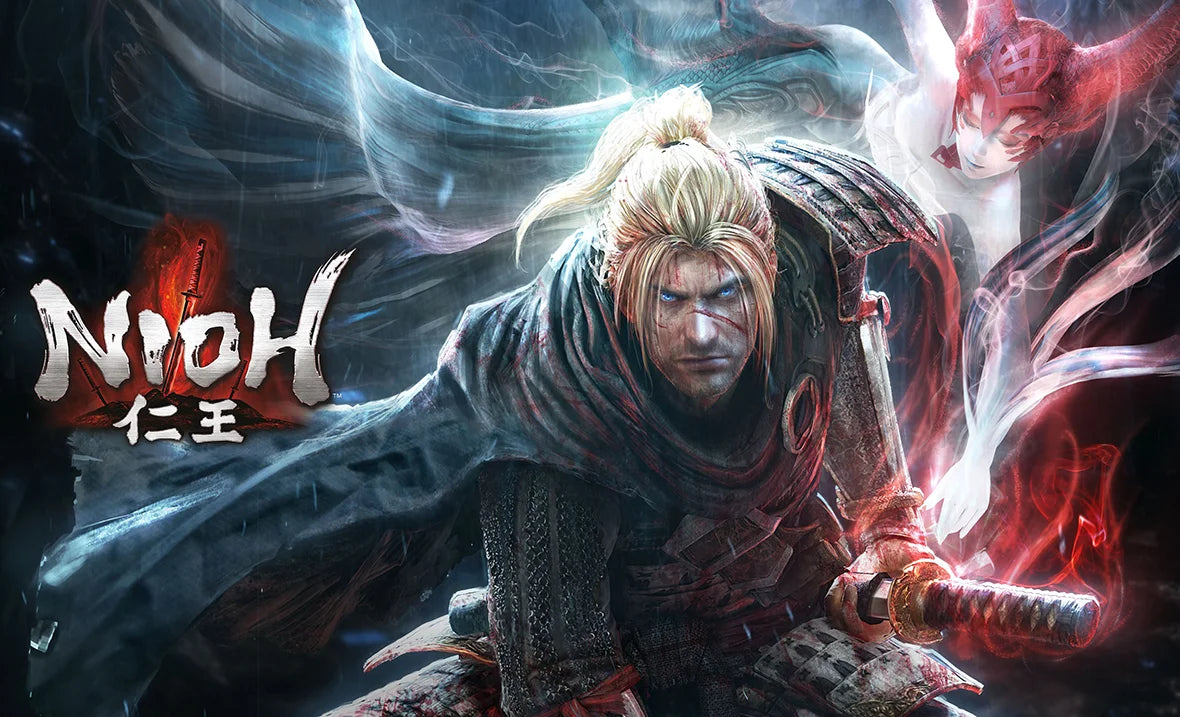
Representation in Video Games
Historical and Fantasy Games
Hakama pants have also been replicated in several video games, which span from historical to fantasy genres.
"Ghost of Tsushima" and "Nioh" are titles that portray hakama as genuinely belonging to traditional equipment for a proper samurai character, thus getting more immersed in what developers wanted to represent.
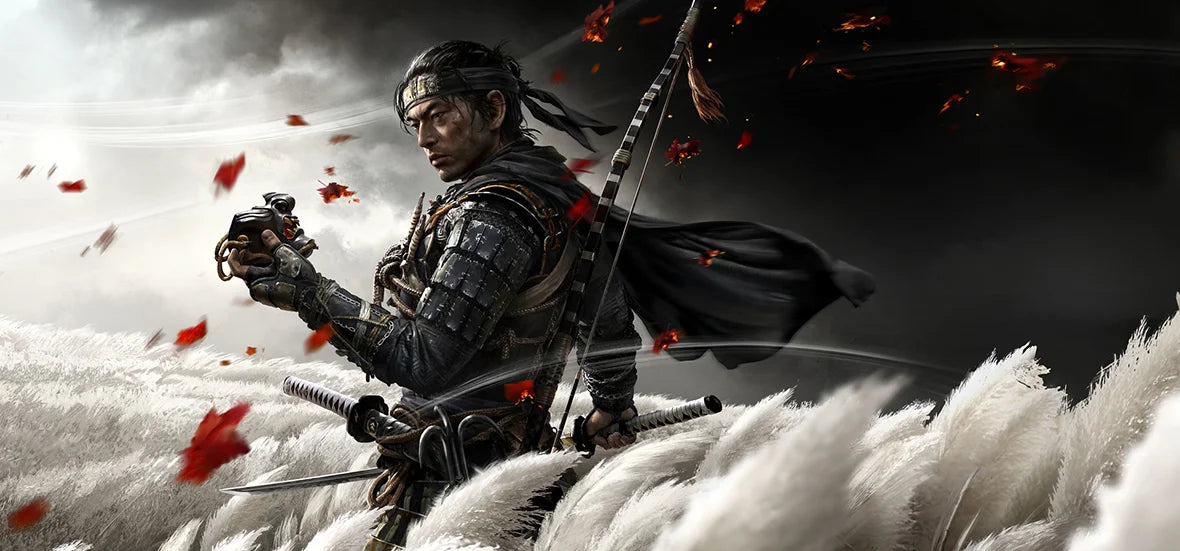
Modern Games Featuring Hakama Styles
Video games of the modern era also incorporate hakama styles that blend into traditional locales to create a futuristic scene. Not only does this serve to let out the garment's continued constant appeal in diverse narrative contexts, but it also represents the garment as exceptionally versatile within them.
Social Media and Online Presence
Influencers and Content Creators
This is mainly via social media influencers and significant content creators who have done a lot to diffuse hakama pants into popular culture. Influence is what makes the collection, as a product, easily accessible to the masses, what makes it stylish, and promotes massive room for its application trying to showcase numerous styling methods.
Community and Fan Engagement
Hakama pants are praised across online communities and different forums, with beautiful appreciations that share style guides, history information, and even some of the cultural roots in their significance.
Such engagements appreciate hakama more and make one fall in love with these dear little hakama pants more when it comes to digital media.
Cultural Significance and Future Trends
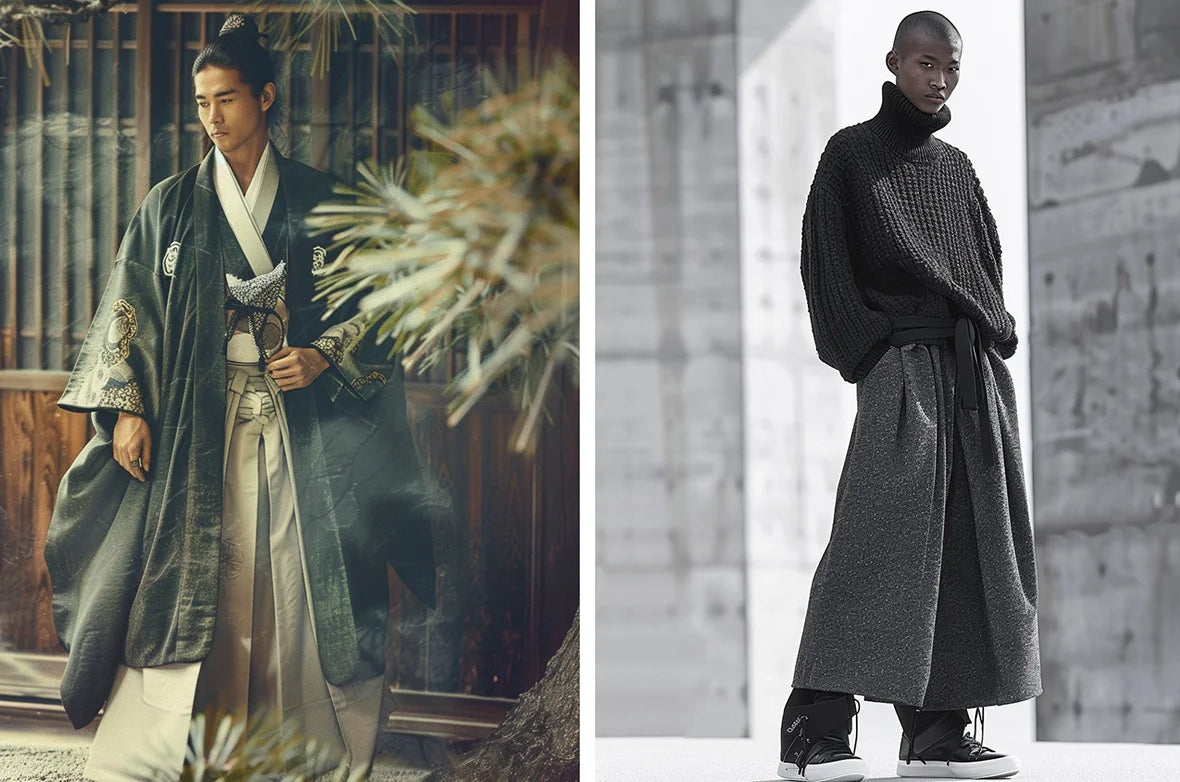
The Symbolic Meaning of Hakama
Connection to Japanese Heritage
Hakama trousers represent a tremendous connection with Japanese heritage and symbolize honor, discipline, and tradition—all of which represent Japan.
They are much more than just clothes; these are culturally attached things telling the history of Japan.
Modern Interpretations
Modern representations of hakama pants combine both traditional design and the latest tendencies in fashion. This fusion can bring about a form of creative expression, all while maintaining the cultural integrity of the garment, thereby keeping it relevant in the contemporary fashion scene.
Future of Hakama Pants in Pop Culture
Emerging Trends and Innovations
While hopes for the hypothetical existence of hakama pants in popular culture are high, now that trends generally move toward sustainable practice and innovation, more designers are experimenting with new materials and ecology-friendly practices that ensure wearing hakama will always be in without feeling guilty about the environment.
The Ongoing Legacy
Hakama pants—resilience and persistence. Continue to inspire fashion, media, and pop culture alike, hakama pants, without a doubt, shall forever remain timeless emblems of continuity that link the past with the future on their very existence.
Conclusion
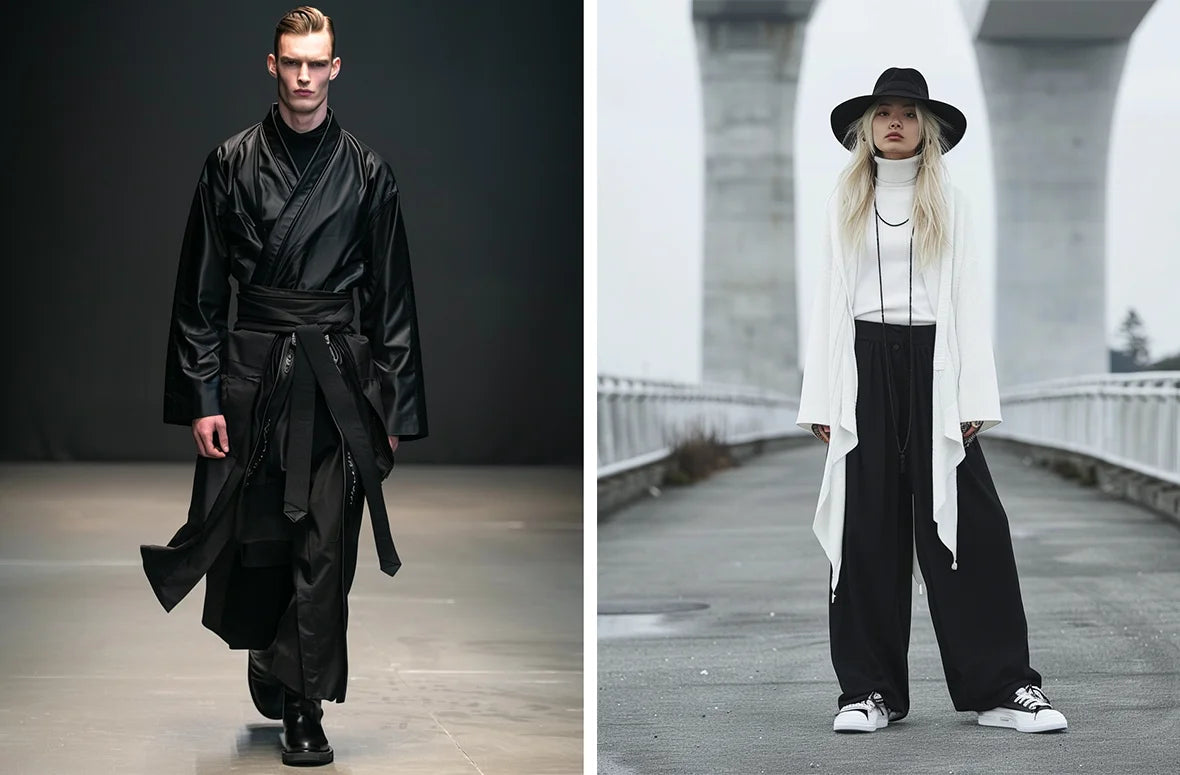
Recap of Hakama Pants' Influence
Key Moments in Pop Culture
Hakama pants have sliced into pop culture in ways that cannot be denied, with excellent film appearances that are iconic right through to set moments in influential runway shows.
The key moments showed their versatility and appeal quite clearly, underlining their status in fashion.
The Broader Impact on Fashion and Media
What is certain is that the influence of hakama pants extends beyond the world of fashion and into music, television, and other audiovisual platforms, which help layer meaning beyond their trouser-revolutionary ways.
Final Thoughts
Embracing the Cultural Legacy
To wear hakama pants heralds their cultural legacy and momentous place in history. They are anything more than a mere fashion trend; they represent a culture that has so far much influence, inspiring and capturing people all around.
The Timeless Appeal of Hakama Pants
And it wasn't just that the hakama pants were timeless, but it was versatile enough to blend tradition with modernity.
In their continuous evolution and adaptation, they remain a very dear and iconic garment that captures the imagination of both the fashion devotee and the cultural connoisseur.
